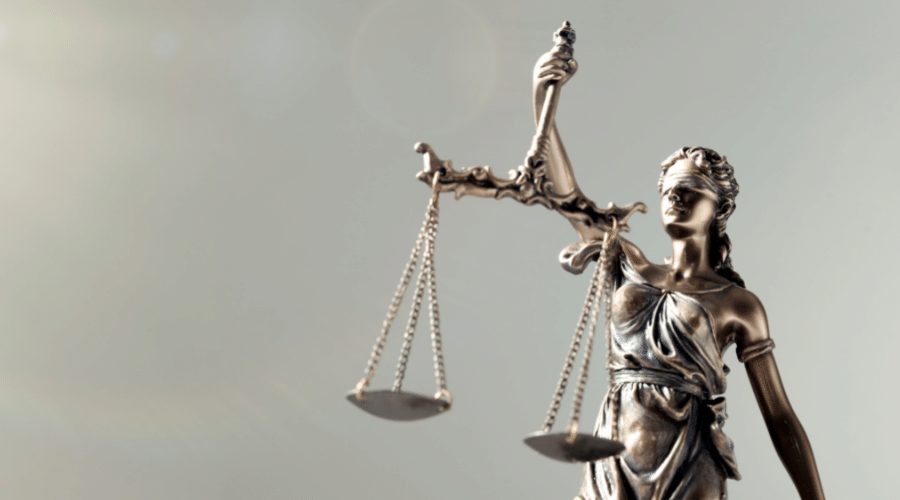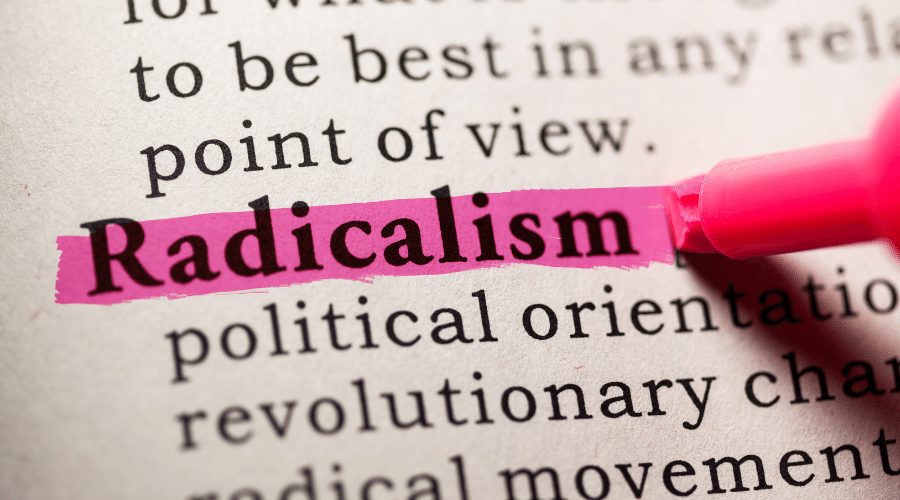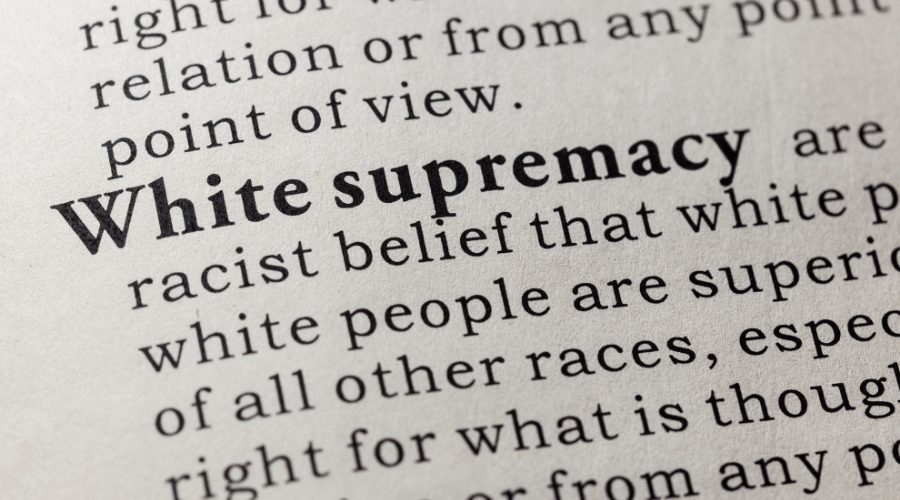On 11 August 2017 the “Unite the Right” white supremacist rally began in Charlottesville, Virginia, bringing together groups of self-identified alt-right, neo-Confederates, neo-fascists, white nationalists, neo-Nazis, and right-wing militia. The groups brought with them racially-charged imagery and literature, including images of the Holocaust, of slavery, and of fascism, while simultaneously chanting songs and slurs in the same vein. A neo-Nazi on the scene ploughed his car into a group of counter-protesters, killing one and injuring dozens.
The neo-Nazi in question, James Alex Fields, was placed on trial for murder, found guilty, and sentenced to life in prison, in June 2019. A group of plaintiffs, some of whom were injured by Fields, brought a civil trial against 24 of the organisers of “Unite the Right”, invoking the 1871 law passed after the US Civil War. The law, which allows private citizens to sue those they believed have violated civil rights, was originally designed to protect black Americans from the Ku Klux Klan following their emancipation from slavery. The lawsuit alleged that the defendants “conspired to plan, promote and carry out the violent events” and the plaintiffs used the trial to definitively prove that the defendants conspired to do so, and that the injuries happened as a result. Ultimately, the jury agreed, and after more than a month of testimony and three days of deliberations, awarded the plaintiffs $26 million in compensatory and punitive damages. $500,000 in punitive damages was awarded against the 12 defendants, and $1m went against five white supremacist organisations. Punitive damages are awarded at a court’s discretion to punish a defendant for conduct judged to be especially harmful. A total of $12m in punitive damages was also imposed against the driver of the car in the fatal incident. The lawsuit was backed by Integrity First for America, and Attorneys for the plaintiffs collected more than 5.3TB of evidence to present at the trial, including chat room messages and social media posts.
An appropriate result, but the question remains how white supremacy has taken hold in the US, and how its supporters are radicalised to the cause.

What is radicalisation?
Radicalisation is a form of group coercive control, where individuals are encouraged, or more commonly manipulated, to adopt a radical position. Typically, these views have a political, social, or religious skew, and radicalised followers will often be described as extremists, fanatics of zealots. It is also common for radicalised individuals to have a low opinion of typical societal expectations, making them more accepting of extreme violence against others for example.
It is rare that an individual adopts an extremist view without external influence, and it is far more likely that an individual is deliberately radicalised by a group or another individual. Radicalisation usually happens through methods of “grooming” where an individual or group build a relationship based on trust, emotion and human connection, then use that relationship to exploit, manipulate and abuse them. It can happen at any time, to any individual, and is a form of coercive control.
Radicalisation can be seen throughout history, but examples include Al Qaida and ISIS terror cells, much of the SS Nazi regime, and of course white supremacist groups.

How is white supremacy taking hold?
While any individual can theoretically be radicalised, it is more typical for perpetrators to target and groom individuals who are disenfranchised with the world, feel lonely, isolated or separate from their peers, or who crave the security of group membership. Those who are radicalised often start with an initially limited adopted view: perhaps a distrust of authority or an inherited racial bias. It is also unlikely that they question what they are told, and typically we will see a strong confirmation bias emerge in victims, with little or no work done to redress their skewed opinions.
Once an individual has been identified, they are groomed progressively over a period of time. We often associated grooming with sexual abuse, but in fact, it is a core tenet of coercive control and a method through which an individual is progressively manipulated and controlled under the guise of a trusting relationship. In the case of White Supremacy, and indeed many of the current radicalised groups, technology, including social media, chat rooms, and video games, are used to approach and radicalise individuals, particularly young people.
Young people typically have a stronger, more innate trust in authority figures, older individuals, and those that they feel akin to, which leaves recruiters able to isolate and encourage a relationship before introducing extremist views. Young people aged 12-19 are the most at risk of radicalisation, and it is here that groups create their hunting ground. Each individual will be recruited on merit, and methods will vary from the promise of fame, to obligation, exploiting a perceived grievance, to ideological appeal.
In the UK in February 2021, a 16-year-old became the youngest person to be sentenced for terrorism, for offences he carried out when he was just 13. He was from Cornwall and a self-proclaimed neo-Nazi who downloaded materials about making bombs, learning knife skills, and building an AK47 from available supplies. He claimed not to have racist views, but just a desire to look “cool”, although evidence collected included online messages in far-right forums about killing gay people, Jews and non-whites. This article in the Guardian takes a first-hand view of one young person’s experience of being radicalised, including the use of far-right disinformation: “Posts of homeless British soldiers were set against Muslim families being given free homes. Now I know the posts were all fake, but the 15-year-old me didn’t bother to fact-check.”
Researchers for an UN-backed initiative identified that right-wing extremists have been using gaming platforms such as Roblox, to create playable versions of their hate crime atrocities, in a bid to engage young users. This article for the BBC highlights the warning signs spotted by Los Angeles based writer Joanna Schroeder, who took steps to prevent her children being radicalised online, after they began to discuss alt-right ideas. She cites the sharing of sexist and racist memes as a major contributor.
What is now becoming an obvious pattern is that globalisation and particularly technological adoption has brought the world ‘closer’, allowing individuals to find their group, sect, or ideological tribe. It also provides ready access to materials that support our own confirmation bias, while discouraging fact checking. Fake news similarly contributes to the problem, and it is becoming obvious that critical thinking is an underutilised skill, something that we urgently need to address. At the Open Minds Foundation, our core vision is “a world without coercion” and our purpose is to educate and teach critical thinking skills in the context of coercive control. We are currently creating teaching materials to achieve our goals, and establishing partnerships with other charities and organisations to spread the word further. You can support us in our work by donating, volunteering, or just spreading our message. Thank you.

